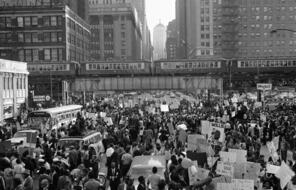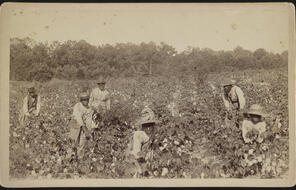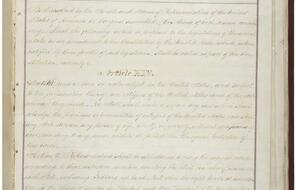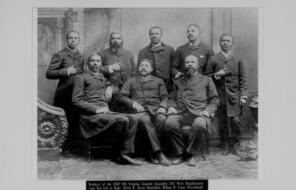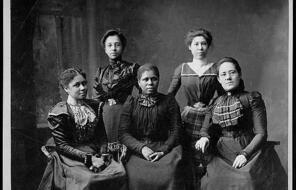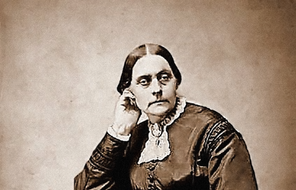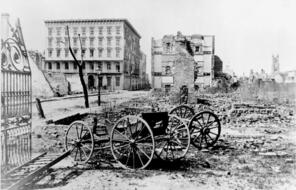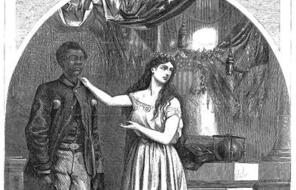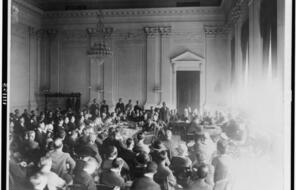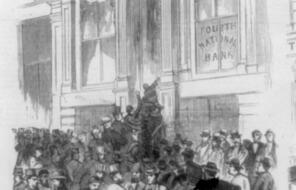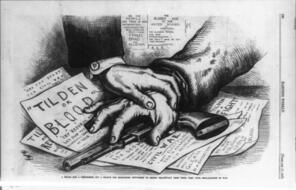John Lewis, “I Couldn’t Accept The Way Things Were”
At a Glance
Subject
- History
- Social Studies
- Racism
John Lewis (1940–2020) was a leader in the civil rights movement. He participated in the Nashville sit-ins and the Freedom Rides and was the chairman of the Student Nonviolent Coordinating Committee (SNCC) from 1963 to 1966. He also worked alongside Martin Luther King Jr. to organize the March on Washington, where King delivered his famous “I Have a Dream” speech, and he campaigned for Black voting rights. Lewis was 15 when Emmett Till was killed and an all-white jury failed to convict his murderers. This excerpt comes from Lewis’s memoir Walking with the Wind: A Memoir of the Movement.
I was shaken to the core by the killing of Emmett Till. I was fifteen, Black, at the edge of my own manhood just like him. He could have been me. That could have been me, beaten, tortured, dead at the bottom of a river. It had been only a year since I was so elated at the Brown decision. 1 Now I felt like a fool. It didn’t seem that the Supreme Court mattered. It didn’t seem that the American principles of justice and equality I read about in my beat-up civics book at school mattered. The messages I heard in church, the songs we would sing—“In Christ there’s no east or west, no north or south”—declarations of absolute equality in God’s eyes, didn’t seem to matter either. They didn’t matter to the men who killed Emmett Till. They didn’t matter to the jury that deliberated for a mere hour before delivering its verdict of not guilty. Nor did they matter to the country that continued to send me to a school separate from white children and forbade me to eat at the same drugstore lunch counter or even use the same public restroom as they.
By the end of that year, I was chewing myself up with questions and frustrations and, yes, anger—anger not at white people in particular but at the system that encouraged and allowed this kind of hatred and inhumanity to exist. I couldn’t accept the way things were, I just couldn’t. I loved my parents mightily, but I could not live the way they did, taking the world as it was presented to them and doing the best they could with it. In a lot of ways, I saw them as far stronger than I would ever be. It’s simple to criticize people of another time for not acting as we would today. It’s easy to judge the past, looking through the filter of the present. But that is a mistake. No one can truly know what it was like to be faced with the challenges and realities of a certain time and place unless he or she has actually lived through it. There was no weakness in the way my parents and others of their generation shouldered the burden of their time and made the best of it. Fighting back was hardly an option for them. Fight back against whom? With what? My parents, and millions of other Black men and women just like them, bore their load through an age of unbelievable oppression with a grace and a dignity I could only hope to come close to. Theirs was not a time nor a place for turning and facing the system.
Reflection Question
- Why did the murder of Emmett Till galvanize a generation of activists to pursue racial justice?
- 1The Supreme Court's decision in Brown v. Board of Education declared school segregation unconstitutional.

